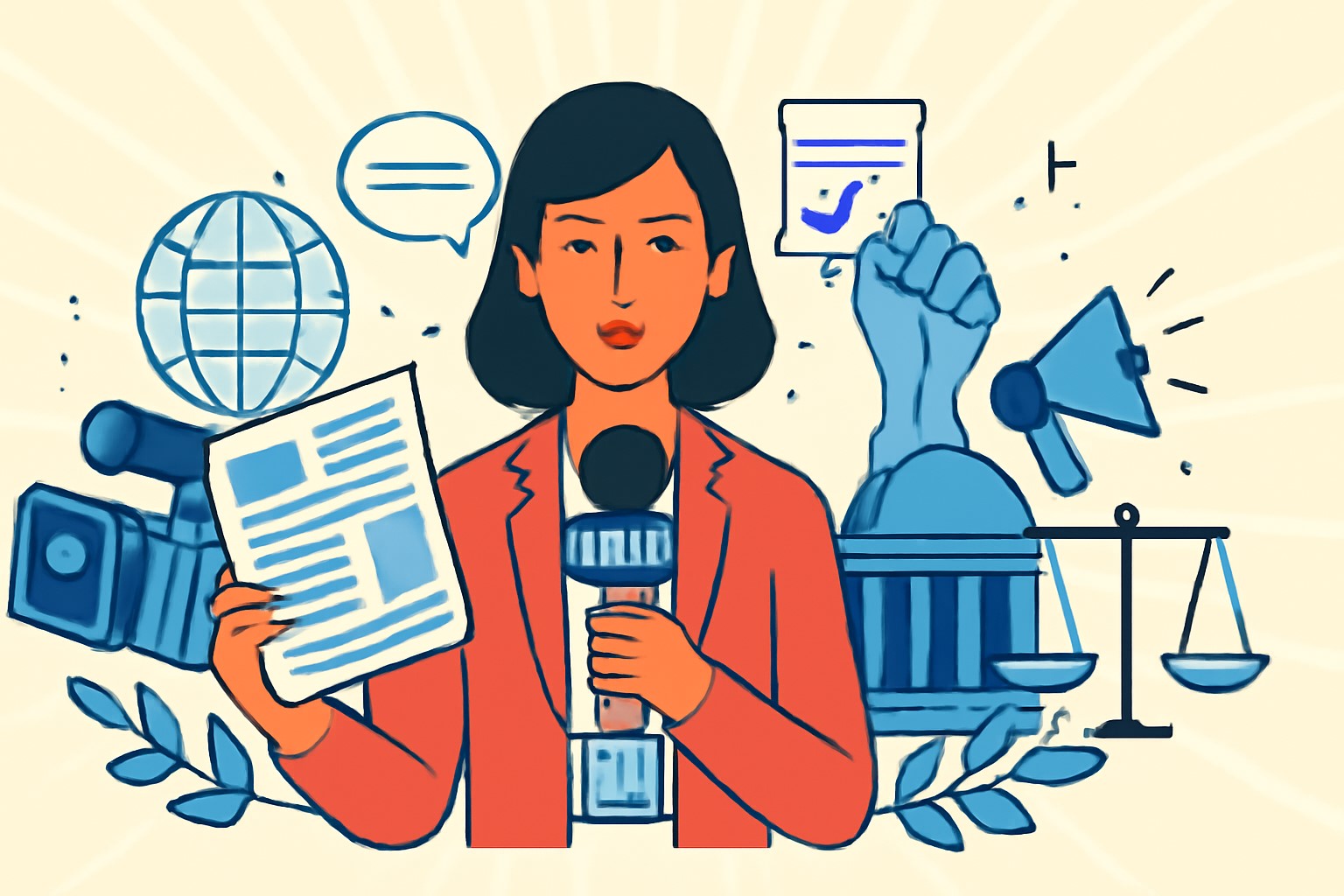A joint assessment by UNESCO and UNDP has delivered a stark indictment of Bangladesh’s post-transition media environment, citing deep-rooted legal, political, and economic constraints that continue to choke press freedom even after the fall of the previous regime in August 2024.
The findings were made available on Wednesday.
Covering the period from July to December last year, the study calls for urgent reforms to ensure a free, independent, and pluralistic media sector in line with global human rights standards.
Despite the growing number of media outlets, editorial freedom remains severely restricted, it said adding: Licensing is described as highly politicised, state advertising is used as a reward mechanism, and arbitrary censorship continues to drive widespread self-censorship.
The report singles out public and state-run media for functioning as propaganda tools rather than public service broadcasters. Lack of editorial ethics, opaque ownership, and entrenched political patronage have all contributed to a collapse in public trust and professional standards.
Replacing the Digital Security Act with a Cyber Protection Ordinance has failed to deliver relief, as many of the former law’s repressive provisions remain intact, found the study on “An assessment of Bangladesh’s media landscape: Free, independent, and pluralistic media.”
It said: Journalists continue to face threats, job insecurity, and poor working conditions, while women, indigenous reporters, and community media remain sidelined.
While noting initial steps taken by the interim government, such as suspending the Cyber Security Act and initiating a review of licensing practices, the report warns that structural reform is far from complete.
Fieldwork from Dhaka, Khulna, and Jashore underpins the report’s recommendations, which include constitutional changes, the establishment of an independent regulator, enforcement of fair wages, gender-inclusive policies, and legal recognition for indigenous voices.
The assessment concludes that without bold and immediate action, Bangladesh’s media will remain trapped in fear, favouritism and fragmentation, undermining democratic accountability and the country’s commitments under SDG 16.


